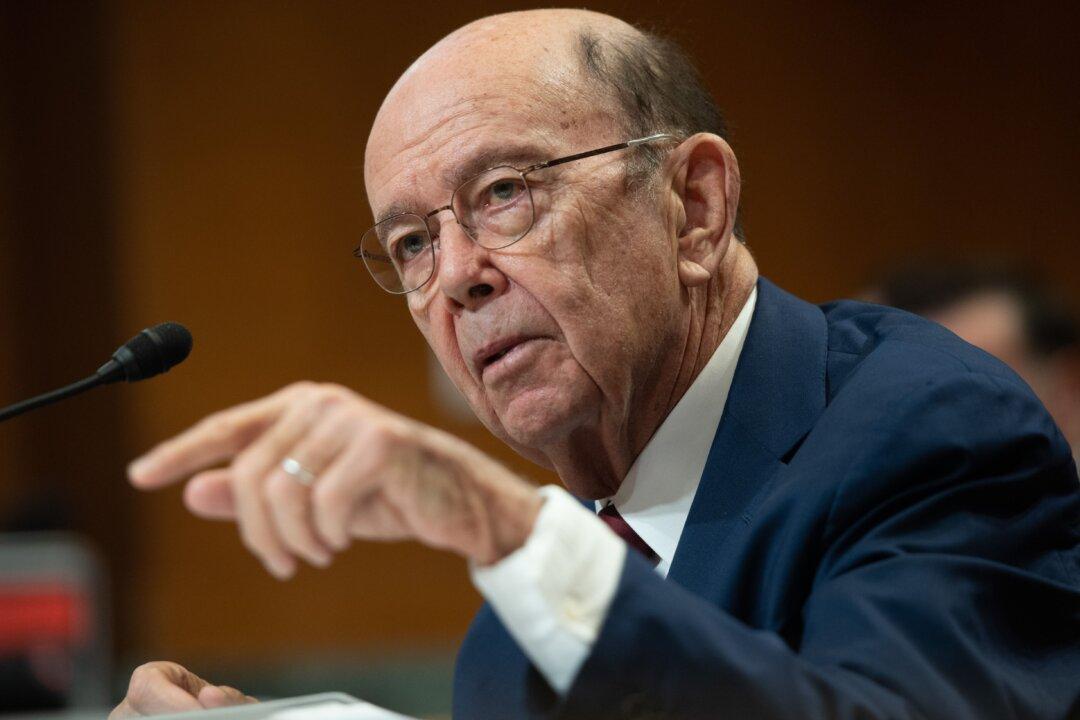WASHINGTON—The United States needs to strengthen its export credit agency to tackle China’s “ambitions to displace American companies in strategic industries,” Secretary of Commerce Wilbur Ross said on Sept. 10.
Speaking at the virtual annual conference of the U.S. Export-Import Bank (Exim), Ross stressed the importance of the export credit provider in countering the economic and national security challenges from China.





